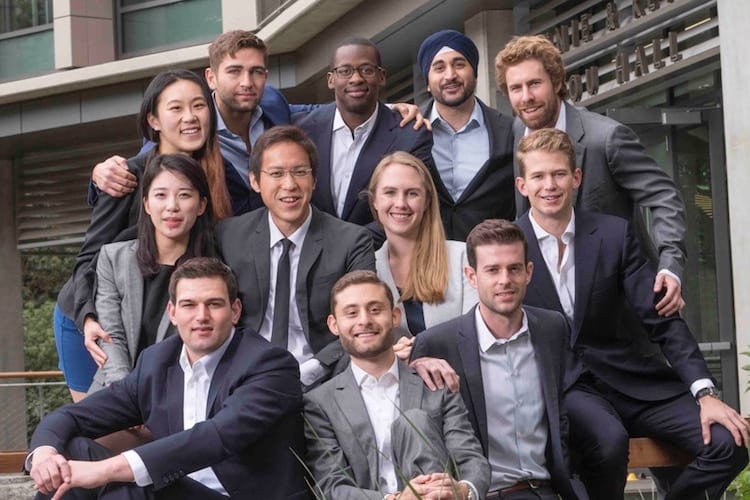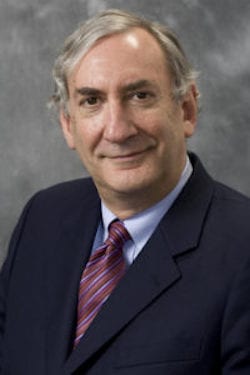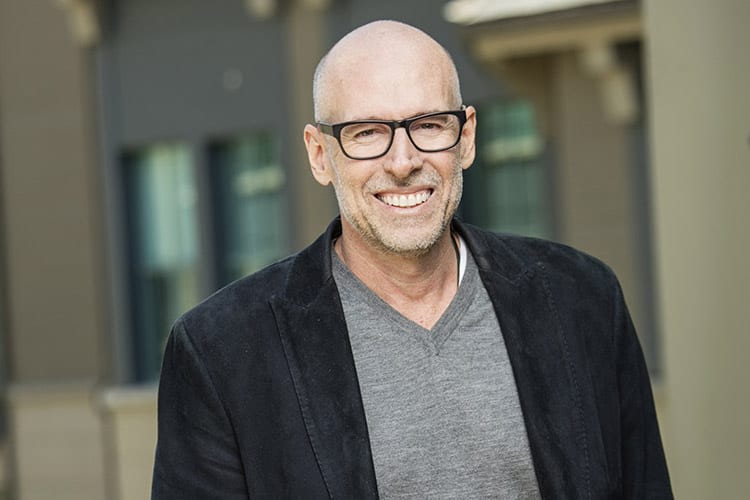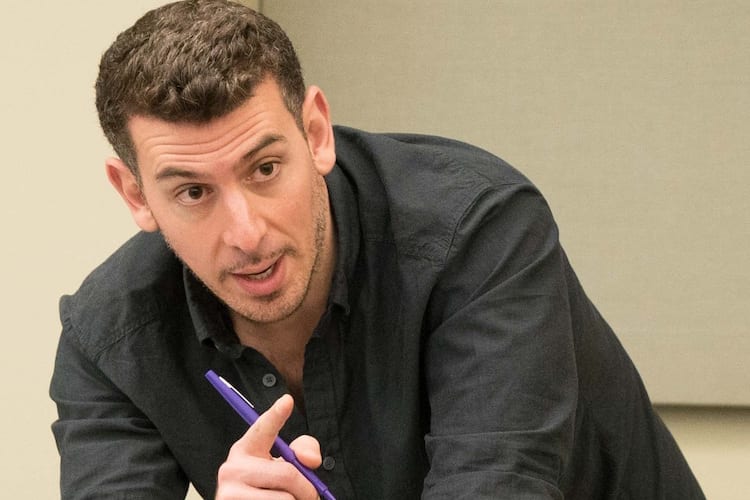Juliana Schroeder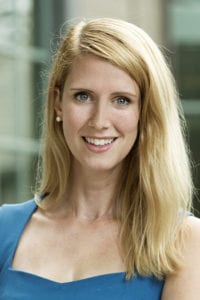 , an assistant professor in the Berkeley Haas Management of Organizations Group, has been honored as a Rising Star by the Association for Psychological Science.
, an assistant professor in the Berkeley Haas Management of Organizations Group, has been honored as a Rising Star by the Association for Psychological Science.
The award is presented to “outstanding psychological scientists in the earliest stages of their research careers post-PhD.” It’s based on significant publications and recognitions; work with potentially broad impact; and significant discoveries, methodological innovation, or theoretical contributions.
“I’m very honored to have been recognized with this prestigious award,” said Schroeder, who began at Haas in fall 2015 after earning her PhD in psychology and business from the University of Chicago’s Booth School of Business.
Schroeder’s research on judgment, decision-making, and social cognition offers insights into how people make inferences about others’ mental capacities. One paper found that when people listen to their political opponents’ spoken opinions, they are more receptive—and believe their opponents are smarter—than when they read the very same opinions. The findings underscore the importance of speaking with people who disagree with you.
Another recent series of experiments found that people tend to judge others as less mentally competent than themselves, and consequently less able to take care of themselves. This comes into play in charitable giving, when people choose charities that provide goods and services rather than cash assistance, as well as public policy issues from soda taxes to gun control.
Schroeder’s work has been published in the Journal of Personality and Social Psychology, Journal of Experimental Psychology, and Psychological Science. It has been featured in news outlets such as the The New York Times, The Washington Post, and Newsweek.
Schroeder teaches “Negotiation & Conflict Resolution” in the MBA program and “Research in Micro-Organizational Behavior” in the PhD program. Last fall, she was a Haas “Club 6” member—an honor for faculty who receive high teaching evaluations.
More research by Asst. Prof. Juliana Schroeder:
 Donald or Hillary? Why listening to them matters to voters.
Donald or Hillary? Why listening to them matters to voters.
 A handout or a hand up? How we judge others guides how we help others.
A handout or a hand up? How we judge others guides how we help others.
